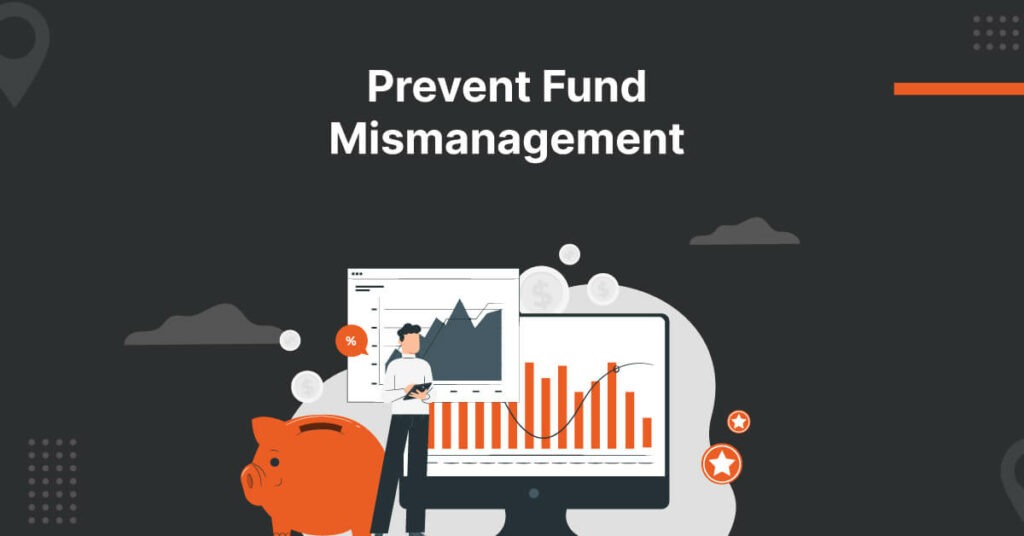
Healthcare is a sector that continuously grapples with cost management, where inflation rates often outpace those of other industries. As we navigate through 2025, healthcare expenses continue to rise, propelled by various factors such as technological advancements, demographic shifts, and regulatory changes. Healthcare organizations benefit from AI in expense management tools to detect fraudulent activities and safeguard against unnecessary expenses and financial losses.
This blog will explore how AI in expense management tools empowers businesses to manage healthcare expenses and enhance overall operational efficiency.
Factors Contributing to Healthcare Inflation in 2025
Understanding the factors contributing to healthcare inflation in 2025 is crucial for devising effective strategies to mitigate its impact and ensure equitable access to quality care.
Technological Advancements
- Rapid advancements in medical technology, including innovations in pharmaceuticals, medical devices, and treatment modalities, contribute to rising healthcare costs.
- Cutting-edge treatments and procedures often come with high research and development costs, which are passed on to patients and healthcare payers.
Demographic Shifts
- Aging populations in many countries lead to increased demand for healthcare services, particularly chronic disease management, long-term care, and end-of-life care.
- Elderly individuals typically require more frequent medical interventions, specialized treatments, and supportive services, placing additional strain on healthcare systems.
Regulatory Changes
- Evolving healthcare regulations and policies can impact healthcare costs in various ways.
- Compliance with new regulations often entails administrative expenses, such as implementing electronic health records systems or ensuring adherence to quality standards.
Healthcare Workforce Challenges
- Shortages of healthcare professionals, including physicians, nurses, and allied health workers, can drive up labor costs as healthcare organizations compete for talent.
- Rising wages and benefits for healthcare workers may translate into higher operating expenses for hospitals, clinics, and other healthcare facilities.
Impact of Inflation on Healthcare Expenses and Budgets
The impact of inflation on healthcare expenses and budgets is profound, exerting pressure on healthcare providers and patients alike. As medical goods and services rise due to inflationary forces, healthcare organizations face escalating expenses across various fronts, including personnel, equipment, medications, and facility maintenance.
These increased costs strain operational budgets, limiting investments in critical areas such as infrastructure upgrades, technology adoption, and quality improvement initiatives. AI in expense management tools optimizes healthcare expenditure by identifying cost-saving opportunities and streamlining administrative processes.
Leveraging AI in Expense Management
Data Analysis and Prediction
- To identify patterns and correlations, AI algorithms can analyze vast amounts of historical healthcare data, including patient demographics, treatment patterns, and cost trends.
- AI in expense management enhances healthcare cost tracking by analyzing patterns and trends to predict future expenses accurately.
Risk Stratification and Resource Allocation
- Automation in expense management can stratify patient populations based on their risk profiles for specific health conditions or utilization patterns.
- Healthcare organizations can use this information to allocate resources more efficiently, targeting interventions and preventive measures to high-risk individuals and optimizing the allocation of budgetary resources.
Expense Optimization and Cost Containment
- AI algorithms can analyze operational data to identify inefficiencies, redundancies, and waste areas within healthcare systems.
- AI can help healthcare organizations reduce expenses and contain costs by automating processes such as supply chain management, inventory control, and staffing optimization.
Real-Time Monitoring and Adjustments
- Automation in expense management dashboards and decision support systems offers real-time insights into budget performance metrics, including expenditures, revenues, and variances.
- Healthcare administrators monitor budget adherence. They make timely adjustments like reallocating funds to meet financial objectives. They also implement cost-saving measures.
Fraud Detection and Risk Management
- AI algorithms can analyze healthcare claims data and identify patterns indicative of fraudulent activities, such as billing anomalies or suspicious billing patterns.
- By detecting and preventing healthcare fraud, waste, and abuse, AI helps healthcare organizations mitigate financial risks and protect their budgets from fraudulent claims.
How AI in Expense Management Transforms Healthcare Sector Financially
Expense management software automates various tasks associated with healthcare expenses. The software automatically identifies healthcare expenses using rules or algorithms. It ensures proper categorization and compliance with regulations. Some major ways in which it streamlines expense management include:
- Integration with Healthcare Providers: Expense management software integrates with healthcare providers’ systems to streamline billing and payments, reducing administrative overhead.
- Advanced Analytics: It offers advanced analytics capabilities to analyze healthcare spending patterns, identify cost-saving opportunities, and optimize budget allocation.
- Audit Trail: It maintains a comprehensive audit trail of healthcare expenses, facilitating compliance with audits and internal reviews.
- Receipt Management: OCR digitizes and stores receipts electronically. Automation in expense management eliminates the need for paper-based documentation, making it easier to track and reconcile expenses.
- Integration with Accounting Systems: Expense management software integrates seamlessly with accounting systems, streamlining the reconciliation process and providing a holistic view of financial data.
- Customizable Reporting: It offers customizable reporting capabilities, allowing organizations to generate detailed reports on healthcare expenses for analysis and decision-making.
Emerging Trends for Automation in Expense Management
Predictive Analytics for Cost Containment: Predictive analytics powered by AI are utilized for forecasting and identifying cost-saving opportunities in healthcare.
Real-time Financial Monitoring and Reporting: Real-time financial monitoring and reporting tools empower healthcare organizations to identify budgetary deviations.
Automation Technologies for Administrative Tasks: Automation technologies like RPA and NLP streamline healthcare expense management tasks.
Personalized Financial Counseling Platforms: Personalized financial counseling platforms leverage AI to provide patients with transparent cost estimates. The tailored payment options improve patient engagement and revenue cycle management.
Blockchain for Transparent Healthcare Transactions: Blockchain technology ensures transparency and security in healthcare transactions. It reduces administrative costs and mitigates the financial impact of healthcare inflation.
Manage Healthcare Expenses With ITILITE
Integrating AI in expense management improves financial health by fostering transparency, accountability, and regulatory compliance.
While tracking healthcare expenses can be tedious, ITILITE simplifies expense tracking by automating data entry, categorization, and reconciliation. From medical supplies to equipment purchases, every expense is meticulously recorded and easily accessible at your fingertips.
Our AI-powered algorithms identify cost-saving opportunities and flag potential inefficiencies. It is empowering you to make informed decisions that drive down costs without compromising quality.
To know more about such benefits, book a free trial today.













